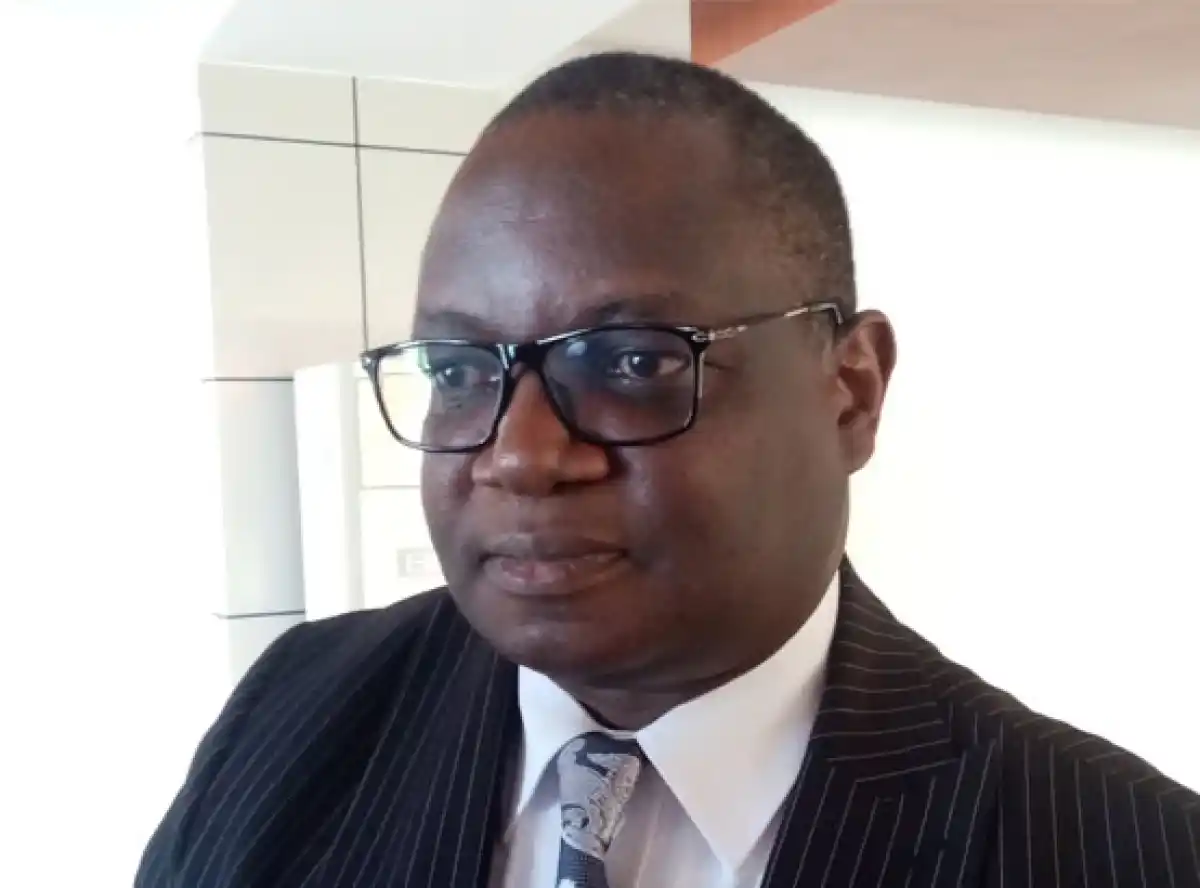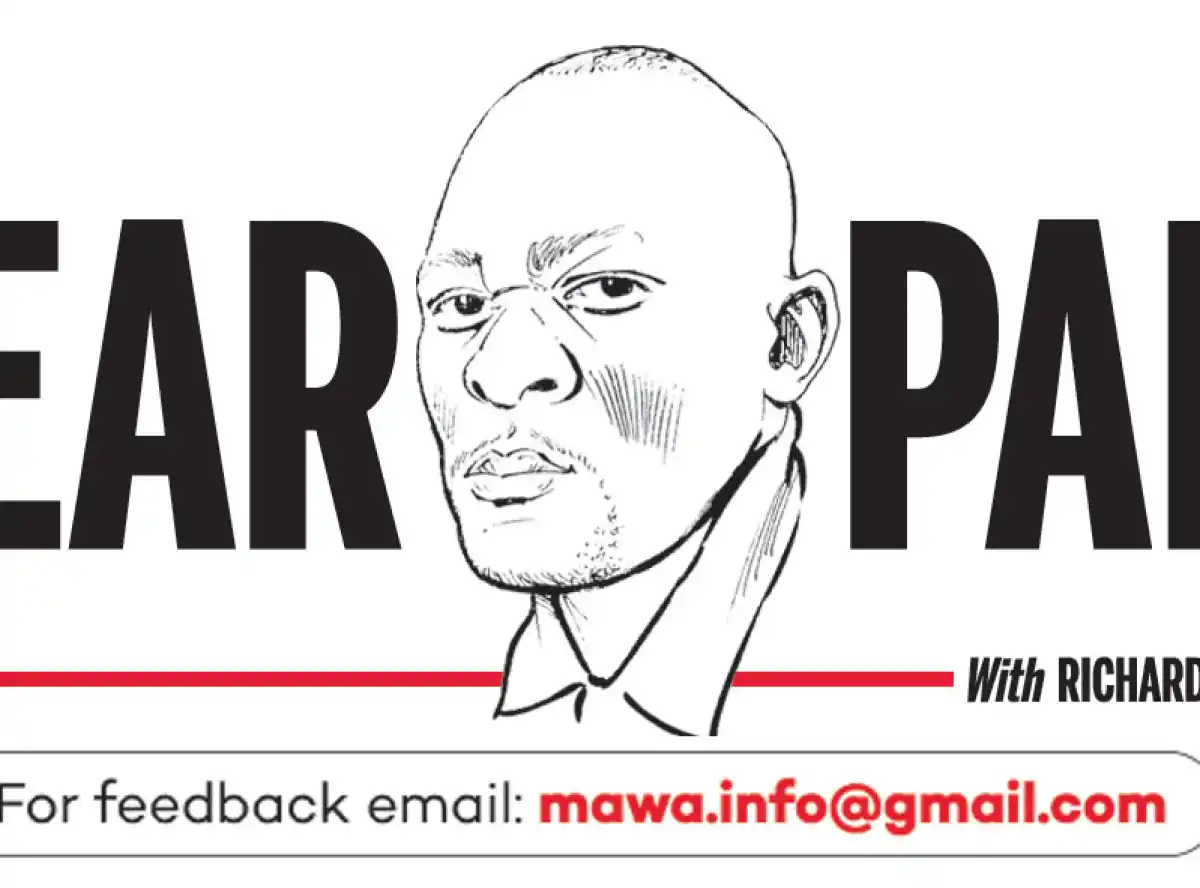
Public Private Partnership Commission (PPPC) chief executive officer Patrick Kabambe recently highlighted a hurdle hindering the country’s industrialisation efforts: a lack of funding for feasibility studies. This funding gap restricts the ability to assess the viability of Public Private Partnership (PPP) initiatives, potentially stalling progress in crucial sectors.
While a promising project can be enticing, conducting a feasibility study before diving in can be the difference between success and failure.
A feasibility study is a comprehensive analysis that meticulously evaluates a project’s potential from various angles. Market demand, financial feasibility, technical considerations, and potential risks are all rigorously examined.
A well-executed study equips decision-makers with the information they need to make informed choices. Should they proceed with the project as planned, refine the concept, or consider alternative solutions?
By leveraging data-driven insights, feasibility studies minimise the risk of pursuing ventures with unforeseen challenges or limited market demand. The benefits extend beyond informed decision-making. Proactive risk mitigation is another key advantage. By identifying potential hurdles early on, the study allows for the development of strategies to address them.
As the PPPC rightly observed, the most compelling argument for feasibility studies lies in their ability to attract investors. Investors are naturally cautious, seeking ventures with a clear path to profitability.
A well-crafted feasibility study acts as a persuasive tool, demonstrating strong market demand, sound financial projections, and a well-defined risk management plan.
This transparency showcases the project’s potential and increases investor confidence, potentially opening doors to a wider pool of potential financiers and making securing funding significantly easier.
However, feasibility studies are not without drawbacks. The most significant hurdle is often the cost and time investment required. For complex projects, conducting a thorough feasibility study can be expensive and time-consuming.
Hiring qualified professionals to analyse various aspects of the project necessitates an upfront investment, which may prove prohibitive for smaller organisations or those with limited budgets.
Additionally, gathering data, conducting market research, and finalising the study can take a considerable amount of time. This time commitment can delay project timelines and potentially impact market opportunities.
Considering the resource constraints that the government and local enterprises face, innovative solutions will be required to address this problem.
The potential for bias is yet another concern. The quality and objectivity of a feasibility study hinge heavily on the expertise and impartiality of the team conducting it.
A biased study with unrealistic projections or downplayed risks can lead to poor decision-making. To mitigate this risk, employing independent and reputable consultants with a proven track record in feasibility studies is crucial.
The decision to conduct a feasibility study should be made on a project-by-project basis. Project complexity, budget constraints, and potential impact should all be carefully considered.
For large-scale infrastructure projects or ventures with a high degree of uncertainty, a comprehensive feasibility study is likely warranted.
Alternative approaches exist, depending on the project and budget. A pre-feasibility study can be a cost-effective option for smaller projects. This preliminary assessment provides a high-level overview of the project’s viability and helps determine if a full-blown feasibility study is necessary. Additionally, researching existing industry reports and leveraging industry expertise can provide valuable insights without the same level of investment as a formal feasibility study.
In conclusion, feasibility studies are powerful tools that can illuminate a project’s path to success. By analysing potential challenges, providing data-driven insights, and bolstering investor confidence, they can significantly enhance project outcomes. However, the cost, time commitment, and potential for bias must be considered.
By carefully weighing the benefits and drawbacks and exploring alternative approaches, project proponents can make informed decisions about whether a feasibility study is the right fit for their venture.
Ultimately, a well-considered approach, whether through a comprehensive feasibility study or a more streamlined analysis, can propel your project forward with a greater chance of achieving its goals.








0 Comments